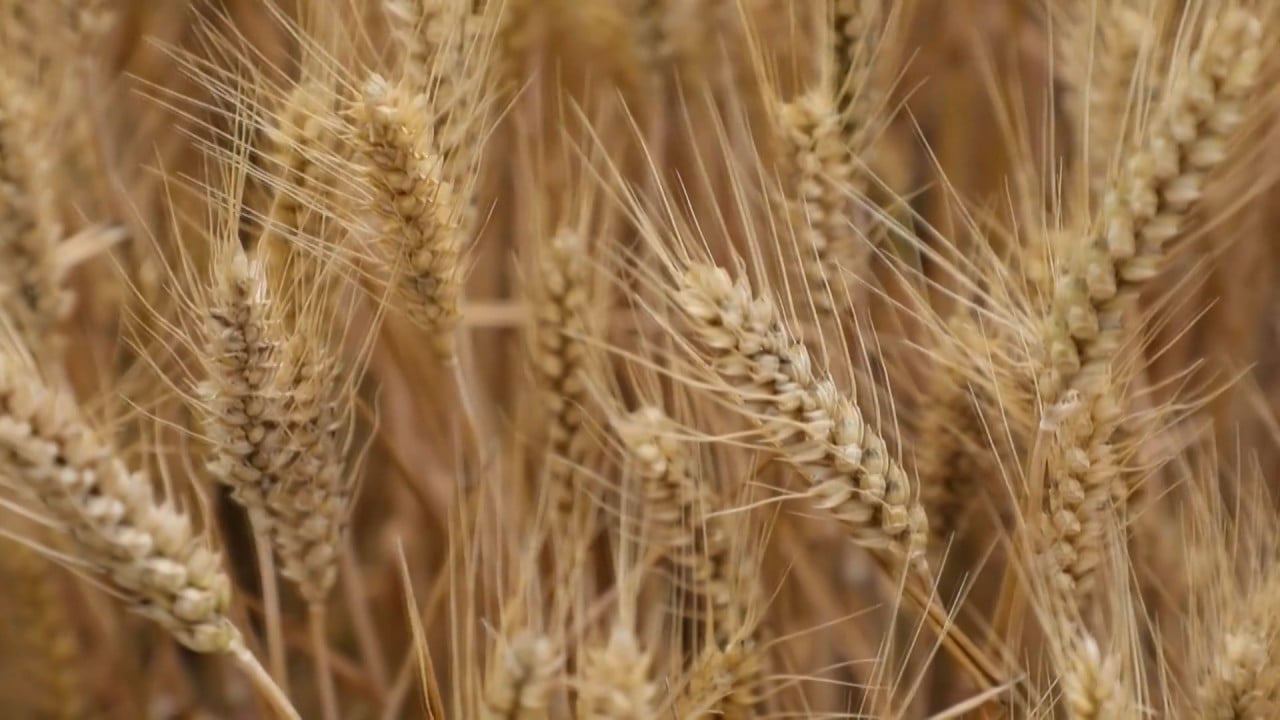
China’s grain harvest hits record high amid food security drive, helped by 16% increase from Xinjiang
- China produced 695.41 million tonnes of grain in 2023, marking a 1.3 per cent increase from last year
- The western region of Xinjiang, which traditionally produces cotton, saw growth of over 16 per cent in terms of planting area and output compared with last year
China’s grain output increased to a record high again this year amid Beijing’s agricultural push that has seen growing areas expanded in a western region traditionally known for its cotton production.
The world’s biggest crop producer and consumer produced 695.41 million tonnes of grain in 2023, marking a 1.3 per cent increase from last year, the National Bureau of Statistics (NBS) said on Monday.
China’s grain output has climbed over the past two decades, and has remained above 650 million tonnes for the last nine years since 2015.
Beijing’s increasing emphasis on food security amid worsening climate change and an uncertain global market, though, has pushed local governments to further keep land available for farming and improve agricultural yields.
But the Xinjiang Uygur autonomous region, which traditionally contributes to the bulk of China’s cotton production but not food due to a lack of water, saw a growth of over 16 per cent in terms of planting area and output in 2023 compared with last year.
“That was mainly driven by improvement in water-saving agriculture,” said Professor Zheng Fengtian from Renmin University’s School of Agricultural Economics and Rural Development.
Xinjiang could offer a solution to increased crop-sowing acreage as China seeks continuous growth in food production, “as long as it can boost water utilisation efficiency”, he added.
Meanwhile, as China attempts to boost self-sufficiency amid a heavy reliance on imports, China’s soybean harvest in 2023 grew by 2.8 per cent from last year to 20.84 million tonnes.
China’s domestic production, though, remains relatively small compared to the 91 million tonnes of soybeans it imported in 2022, according to customs data.
Partly due to a slight drop in the acreage and output of rice, China has grown more than 10 million hectares (25 million acres) of soybeans for each of the last two years due to incentives offered to farmers, Wang said.
But it has long been accepted by officials that China’s soybean yield per unit lags behind the world average.
China’s potential in planting area and production are nearing the limit
Amid continued efforts to feed its 1.4 billion population, China has always placed strategic importance on food security.
But Beijing made it a top priority in recent years to guard against volatility in global food supply chains due to tensions with the West and the war in Ukraine.
“China’s potential in planting area and production are nearing the limit,” said Renmin University’s Zheng.
And in the coming decades, it would have to rely on advancements in breeding technology, in which China has invested huge funds since 2021, for further growth, he added.


